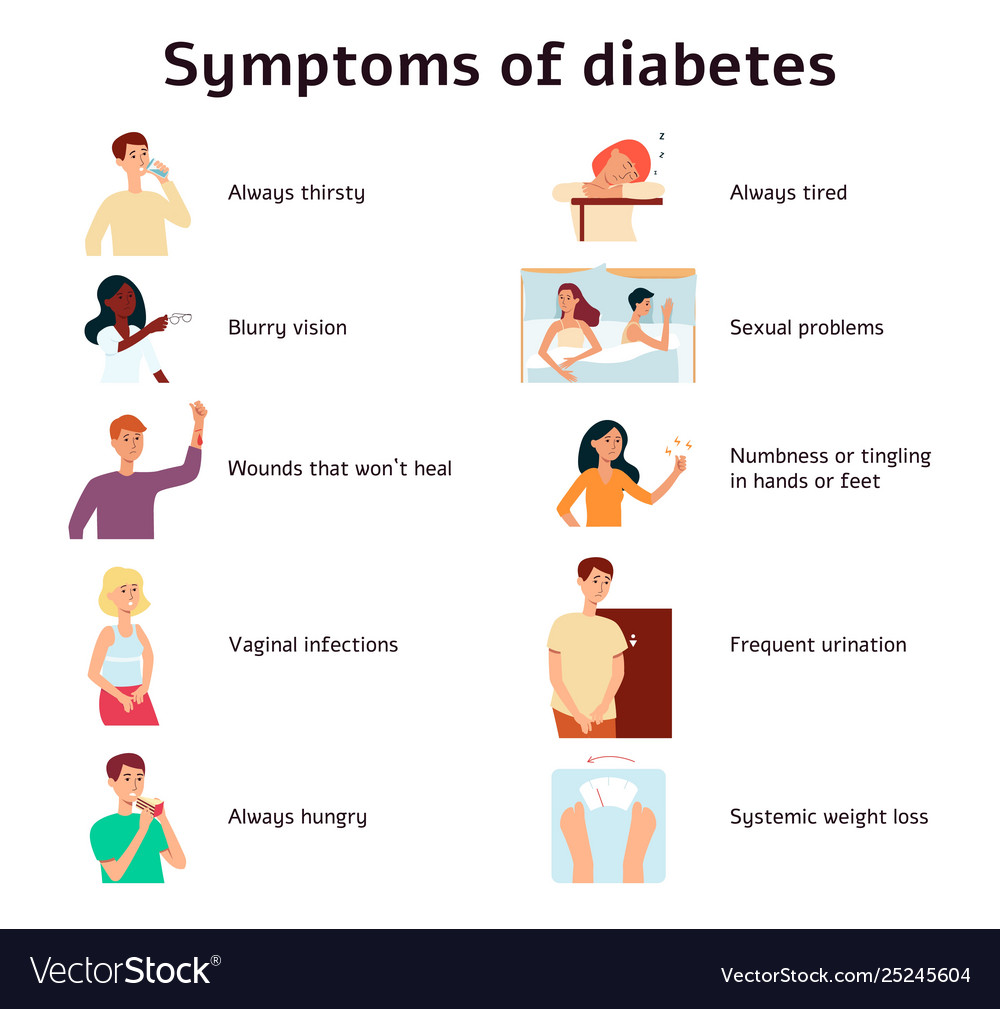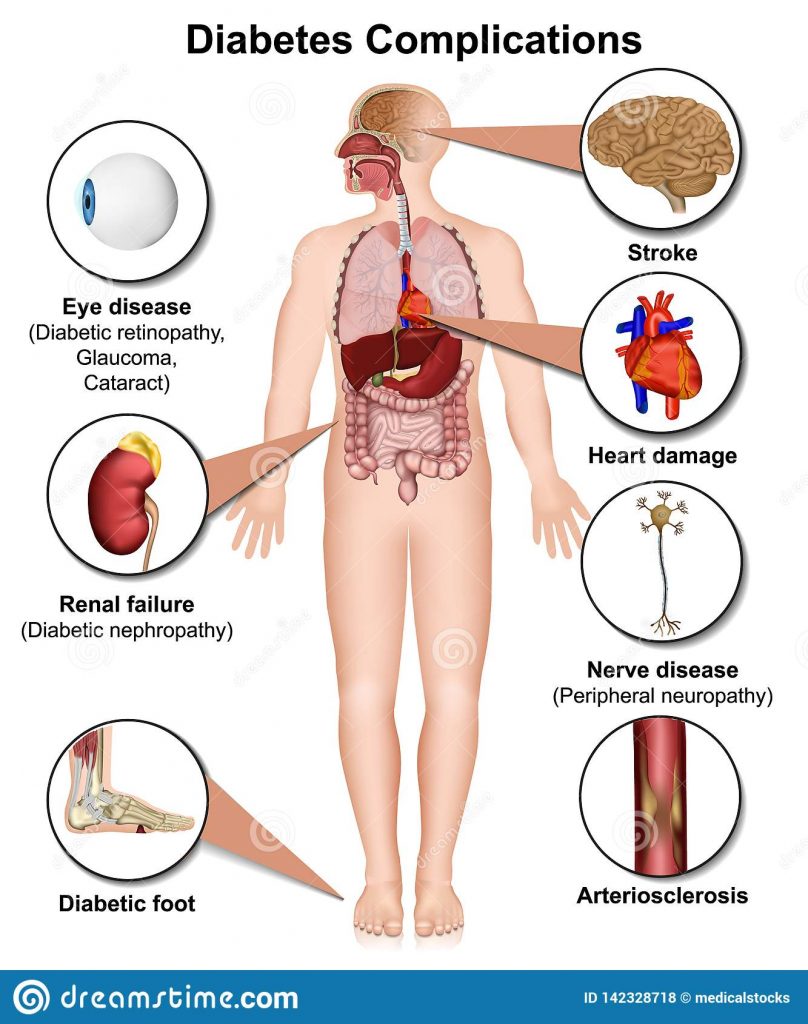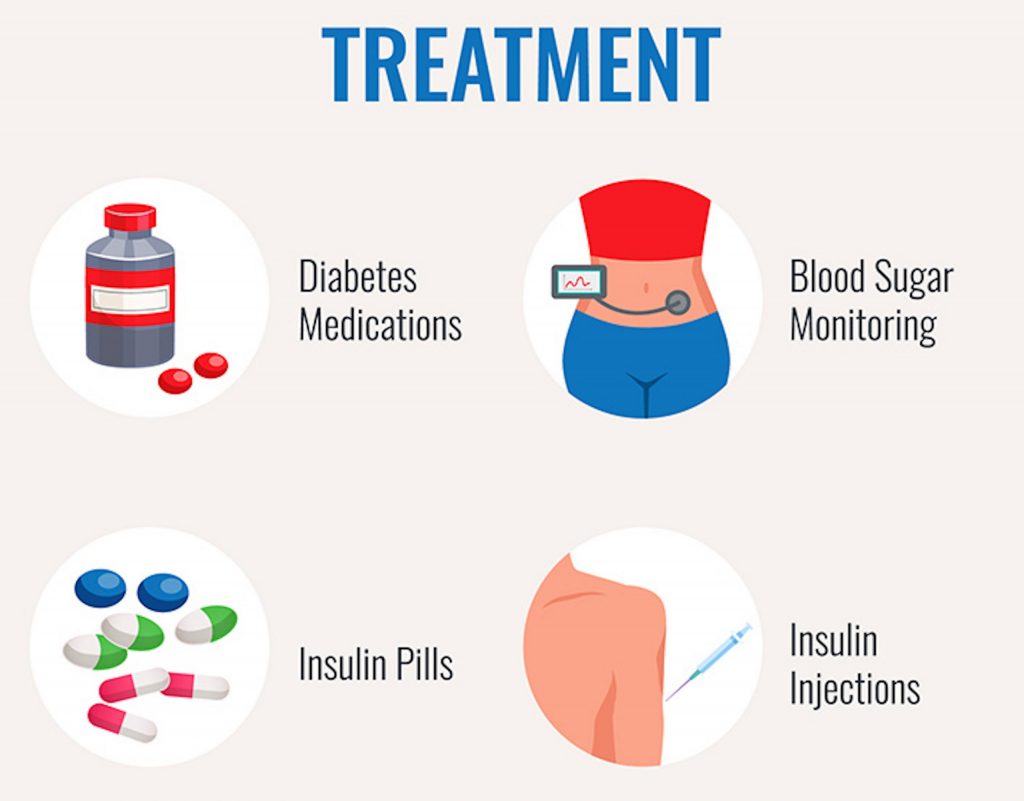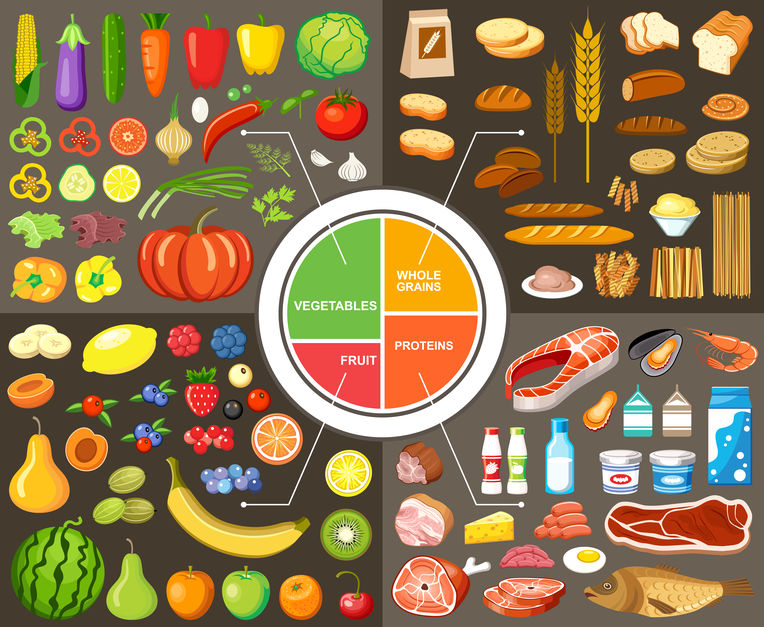Diabetes Mellitus
Diabetes Mellitus:
Diabetes mellitus is a disorder in which the body does not produce enough or normally respond to insulin, causing blood sugar (glucose) levels to be abnormally high.
Why is so much awareness needed about diabetes?
Diabetes is a serious, long-term condition with a major impact on the lives and well-being of individuals, families, and societies worldwide. It is among the top 10 causes of death in adults and was estimated to have caused four million deaths globally.
In 2019, a total of 463 million people was estimated to be living with diabetes, representing 9.3% of the global adult population (20–79 years). This number is expected to increase to 578 million (10.2%) in 2030 and 700 million (10.9%) in 2045.
In India, an estimated 11.8 % of the population is affected by diabetes which is about 72 million, which is expected to rise even more in the coming years.
In order to keep up with raising the burden of this multisystem disease and to reduce its complications, proper awareness about preventive measures, treatment modalities have to be made available to the population at large to reduce morbidity and mortality.

Types of diabetes:
TYPE 1 Diabetes:
In type 1 diabetes (formerly called insulin-dependent diabetes or juvenile-onset diabetes), the body’s immune system attacks the pancreas’ insulin-producing cells, and more than 90% of them are permanently destroyed. The pancreas, therefore, produces little or no insulin. Only about 5 to 10% of all people with diabetes have type 1 disease. Most people who have type 1 diabetes develop the disease before age 30, although it can develop later in life.
Type 2 diabetes:
In type 2 diabetes (formerly called non– insulin-dependent diabetes or adult-onset diabetes), the pancreas often continues to produce insulin, sometimes even at higher-than-normal levels, especially early in the disease. However, the body develops resistance to the effects of insulin, so there is not enough insulin to meet the body’s needs.
It usually begins in people older than 30 and becomes progressively more common with age. Obesity is the chief risk factor for developing type 2 diabetes, and 80 to 90% of people with this disorder are overweight or obese. Because obesity causes insulin resistance, obese people need very large amounts of insulin to maintain normal blood glucose levels.
Symptoms of Diabetes:
- Increased thirst
- Increased urination
- Increased hunger
- Blurred vision
- Drowsiness
- Nausea
- Decreased endurance during exercise


Why is diabetes considered a killer disease…???
Diabetes damages blood vessels, causing them to narrow and therefore restricting blood flow. Because blood vessels throughout the body are affected, people may have many complications of diabetes. Many organs can be affected, particularly the following:
- Brain, causing a stroke
- Eyes (diabetic retinopathy), causing blindness
- Heart, causing a heart attack
- Kidneys (diabetic nephropathy), causing chronic kidney disease
- Nerves (diabetic neuropathy), causing a decreased sensation in feet
High blood glucose levels also cause disturbances in the body’s immune system, so people with diabetes mellitus are particularly susceptible to bacterial and fungal infections.
Screening for Diabetes:
Blood glucose levels are often checked during a routine physical examination. Checking the glucose levels in the blood regularly is particularly important in older people because diabetes is so common in later life.
It is important to do screening tests in people at risk of type 2 diabetes, including those who
- Are over 45 years old
- Have prediabetes
- Are overweight or obese
- Have a sedentary lifestyle
- Have high blood pressureand a lipid disorder such as high cholesterol
- Have cardiovascular disease
- Have a family history of diabetes
- Have had diabetes during pregnancy or had a baby who weighed more than 9 pounds (4,000 grams) at birth
- Have polycystic ovary disease
- Are of African American, Hispanic, Asian American, or American Indian ethnicity
People with these risk factors should be screened for diabetes at least once every three years. Doctors may measure fasting blood glucose levels and haemoglobin A1C levels, or do an oral glucose tolerance test. If the test results are on the border between normal and abnormal, doctors do the screening tests more often, at least once a year.
Blood glucose measurement
To accurately evaluate blood glucose levels, doctors usually use a blood sample taken after people have fasted overnight. Diabetes can be diagnosed if fasting blood glucose levels are higher than 125 mg/dL (6.9 mmol/L). However, it is possible to use blood samples taken after people have eaten. After eating, some elevation of blood glucose levels is normal, but even after a meal, the levels should not be very high. Diabetes can be diagnosed if a random (not done after fasting) blood glucose level is higher than 199 mg/dL (11.0 mmol/L).

HbA1C:
Measurements of haemoglobin A1C can be used to diagnose diabetes when a certified laboratory does testing. People with a haemoglobin A1C level of 6.5% or more have diabetes. If the level is between 5.7 and 6.4, they have prediabetes.
Oral glucose tolerance test:
In this test, people fast, have a blood sample taken to determine the fasting blood glucose level, and then drink a special solution containing a large, standard amount of glucose. More blood samples are then taken over the next 2 to 3 hours and are tested to determine whether the glucose in the blood rises to abnormally high levels.
Treatment of Diabetes mellitus:
- Diet
- Exercise
- Weight loss
- Education
- In type 1 diabetes, insulin injections
- In type 2 diabetes, often drugs by mouth and sometimes insulin or other drugs by injection

Treatment of high blood pressure and high cholesterol levels, which can contribute to circulation problems, can help prevent some of the complications of diabetes as well. A low dose of aspirin taken daily is recommended in people with risk factors for heart disease. All people with diabetes who are between 40 and 75 years are given a statin (a drug to decrease cholesterol levels) regardless of cholesterol levels. People younger than 40 or older than 75 years and with an elevated risk of heart disease also should take a statin.
Experts recommend that people keep their blood glucose levels
- Between 80 and 130 mg/dL (4.4 and 7.2 mmol/L) fasting (before meals)
- Less than 180 mg/dL (10.0 mmol/L) 2 hours after meals
Hemoglobin A1C levels should be less than 7%.
- People with diabetes should stop smoking and consume only moderate amounts of alcohol (up to one drink per day for women and two for men).
Diet for people with diabetes:
- Diet management is very important in people with both types of diabetes mellitus. Doctors recommend a healthy, balanced diet and efforts to maintain a healthy weight.
- A diabetes diet plan includes avoiding simple sugars and processed foods, increasing dietary fibre, limiting portions of carbohydrate-rich and fatty foods (especially saturated fats). People who are taking insulin should avoid long periods between meals to prevent hypoglycemia.
- Although protein and fat in the diet contribute to the number of calories, a person eats, only the number of carbohydrates directly affects blood glucose levels.

Exercise for people with diabetes:
- Adequate exercise (at least 150 minutes a week spread out over three days), can also help people control their weight and improve blood glucose levels. Because blood glucose levels go down during exercise, people must be alert for symptoms of hypoglycaemia.
Weight loss for people with diabetes:
- Many people, especially those with type 2 diabetes, are overweight or obese. Some people with type 2 diabetes may avoid or delay the need to take drugs by achieving and maintaining a healthy weight. Weight loss is also important in these people because excess weight contributes to complications of diabetes. When people with diabetes have trouble losing weight with diet and exercise alone, doctors may give weight-loss drugs or recommend bariatric surgery.
Prevention of diabetes complications:
- Proper care of feet and regular eye examinations can help prevent or delay the onset of complications of diabetes.
- People with diabetes are vaccinated against Streptococcus pneumonia, and it is usually recommended they receive annual flu vaccination because people with diabetes are at risk of infection.
Pancreas transplantation:
People with type 1 diabetes sometimes receive an entire pancreas transplant or only the insulin-producing cells from a donor pancreas. This procedure may allow people with type 1 diabetes mellitus to maintain normal glucose levels.























